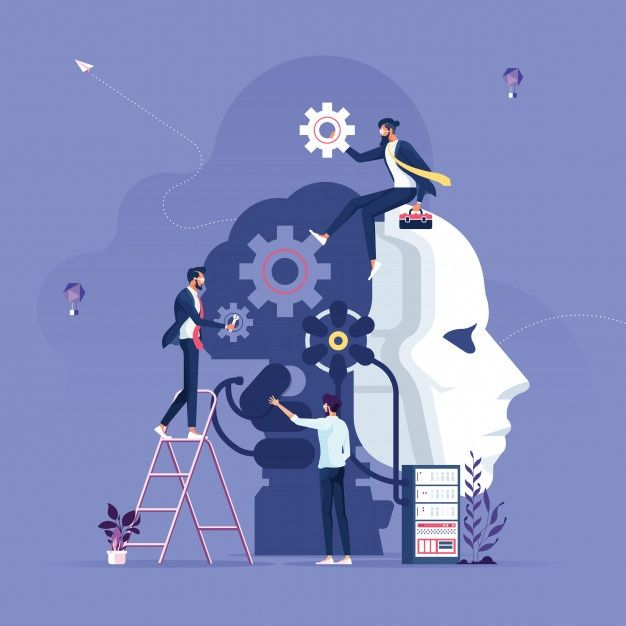Artificial Intelligence

Power of Artificial Intelligence in todays time
Introduction:
Artificial Intelligence (AI) is rapidly transforming the world around us, revolutionizing industries and reshaping the way we live, work, and interact. With its ability to mimic human intelligence and learn from data, AI has opened up a realm of possibilities and brought forth a new era of technological advancements. In this blog, we will explore the fascinating world of AI, its applications across various sectors, and the impact it has on our lives.
Understanding Artificial Intelligence:
At its core, AI refers to the development of computer systems capable of performing tasks that typically require human intelligence. It encompasses a range of techniques, including machine learning, natural language processing, computer vision, and robotics. AI systems learn from vast amounts of data, identify patterns, make decisions, and improve their performance over time.
Applications of Artificial Intelligence:
- Healthcare: AI is revolutionizing healthcare by enabling early disease detection, improving diagnostics, and enhancing patient care. AI-powered systems can analyze medical images, assist in diagnosis, and predict patient outcomes. Additionally, AI chatbots and virtual assistants are providing personalized healthcare information and support.
- Finance: AI is transforming the financial sector by automating processes, enhancing fraud detection, and improving customer experiences. It enables intelligent trading systems, risk assessment models, and personalized financial advice. AI-powered chatbots also assist customers in managing their finances and addressing queries.
- Transportation: AI is driving advancements in transportation with the development of autonomous vehicles and intelligent traffic management systems. Self-driving cars powered by AI algorithms promise safer and more efficient transportation. AI also optimizes route planning, reduces traffic congestion, and improves logistics operations.
- Retail: AI is reshaping the retail industry by enabling personalized shopping experiences, inventory management, and supply chain optimization. AI algorithms analyze customer behavior, preferences, and purchase history to offer tailored recommendations. Additionally, cashier-less stores and virtual shopping assistants enhance customer convenience.
- Manufacturing: AI is revolutionizing manufacturing processes with automation, predictive maintenance, and quality control. AI-powered robots and machines automate repetitive tasks, reducing costs and improving efficiency. Machine learning algorithms analyze production data to predict equipment failures and optimize maintenance schedules.
- Education: AI is transforming education by personalizing learning experiences, providing intelligent tutoring, and automating administrative tasks. Adaptive learning platforms use AI algorithms to tailor educational content to students' individual needs and abilities. AI-powered chatbots also assist students with inquiries and provide support.
Challenges and Ethical Considerations:
While AI presents numerous opportunities, it also brings challenges and ethical considerations. Concerns surrounding privacy, bias in algorithms, and job displacement need to be addressed. Ensuring transparency, fairness, and accountability in AI systems is crucial to building trust and avoiding unintended consequences.
At Optime we follow FAIR prinicples, while developing any AI applications, read more on FAIR principles adopted by Optime.
Conclusion:
Artificial Intelligence is a game-changer, revolutionizing industries and unlocking endless possibilities. Its applications span across healthcare, finance, transportation, retail, manufacturing, education, and beyond. As AI continues to evolve, it is essential to foster responsible and ethical AI development, ensuring it benefits society while addressing potential challenges. With the right approach, AI has the potential to shape a brighter future, making our lives more convenient, efficient, and innovative.
